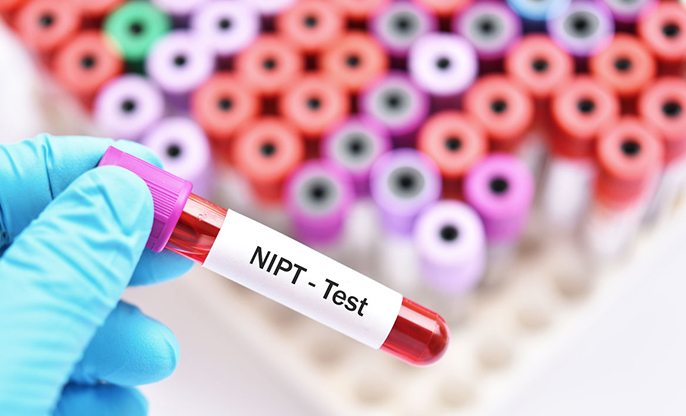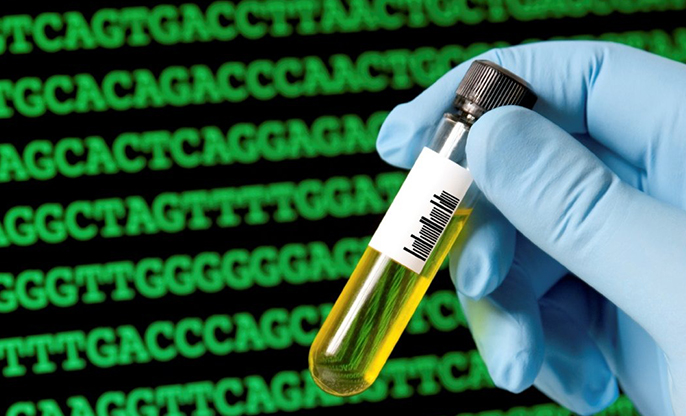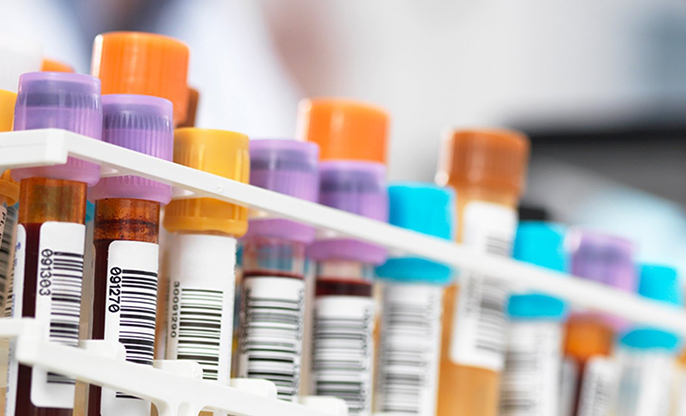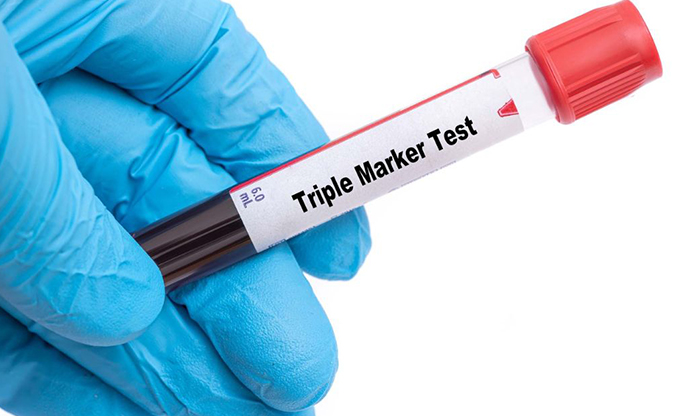
NIPT
NIPT, or “Non-invasive prenatal testing”, is performed to determine X-linked recessive disorders and the sex of the foetus in pregnancies in some countries. The test has outstanding diagnostic accuracy and indicates the risk of fetal chromosomal abnormalities. Additionally, more accurate findings are obtained after the tenth gestational week.
NIPT is a safe, non-invasive, and highly accurate prenatal testing that can be performed as early as ten weeks into a pregnancy. It can detect the presence of certain chromosomal abnormalities, such as Down’s syndrome, Trisomy 18 and Trisomy 13, in the fetus more accurately than traditional methods. Moreover, this screening does not typically pose any risk to the mother or the baby.
Screening procedures are labelled as safe and do render a definitive diagnosis. Still, they are a dilemma for the mother because there is a risk of infection and miscarriage in some prenatal screenings. NIPT is a revolutionary method that involves a blood test to analyze the free DNA fragments in the bloodstream. Nowadays, most healthcare workers advise this non-invasive procedure to screen the pregnant woman’s fetus for genetic conditions.
Generally, there is no associated miscarriage risk with NIPT because the screening needs just the pregnant woman’s blood. The advantages of the test are much more than other prenatal screenings because of the high accuracy results.
NIPT is based on the analysis of cell-free fetal DNA extracted from the mother’s blood. The fetal DNA is released from the placenta into the mother’s bloodstream. The DNA is used to detect specific chromosomal abnormalities in the fetus, such as Down syndrome, trisomy 18, and trisomy 13, with greater accuracy than long-established screening methods such as amniocentesis and chorionic villus sampling.
Women older than 35 years face an increased risk of genetic disorders and should take the screening. Non-invasive prenatal testing is not necessary, but it is advisable.
Initially, the test was recommended for those pregnant women who fell in the high-risk category. Now, regardless of the risks, women are advised to undergo this screening process because of its high accuracy result. The test results have almost “99%” sensitivity and can indicate whether the fetus has a congenital disability.
NIPT is not generally recommended for all pregnant women. It is typically advised for
- women over the age of 35 years
- Women with a family history of genetic conditions.
- Women who have had abnormal results on their first-trimester screening tests.
It is important to note that NIPT is not a diagnostic test and cannot be used to diagnose any genetic condition. It is just used to assess the risks to the unborn child. After the results of the NIFT are studied, and the pregnancy is in the high-risk category, the healthcare worker schedules additional diagnostic tests to reveal whether the baby has a chromosomal defect.
If the NIPT results are concerning, a visit to the genetics specialist will provide the parents with the required support, reviewing the options and further testing.







